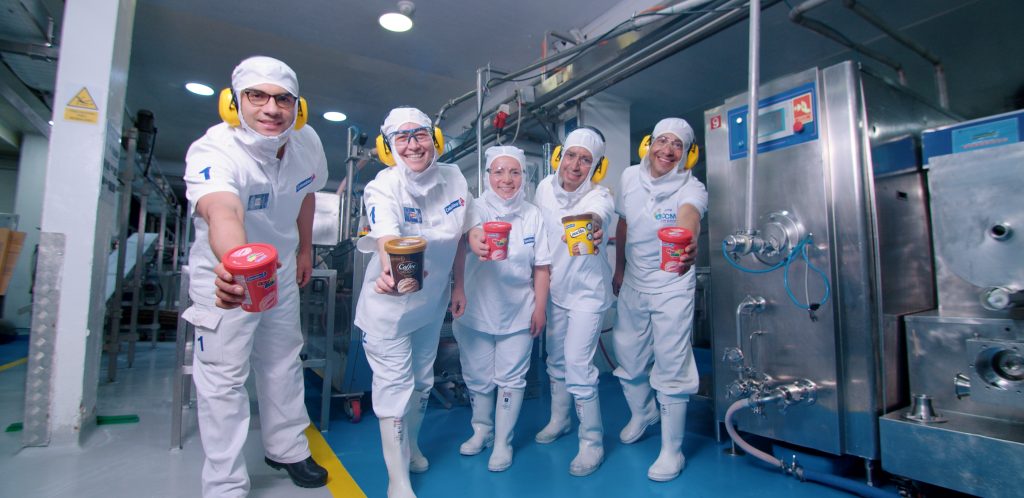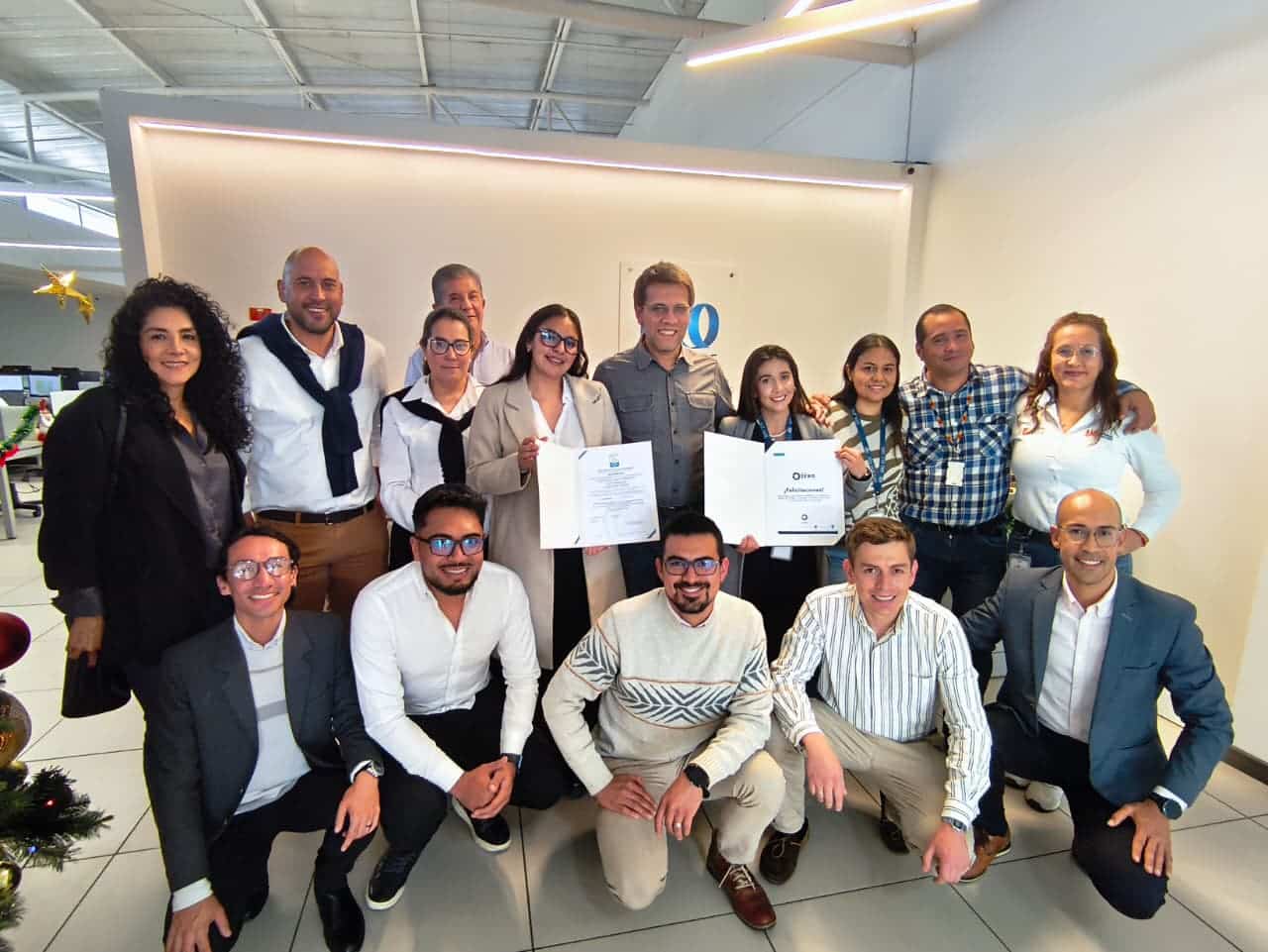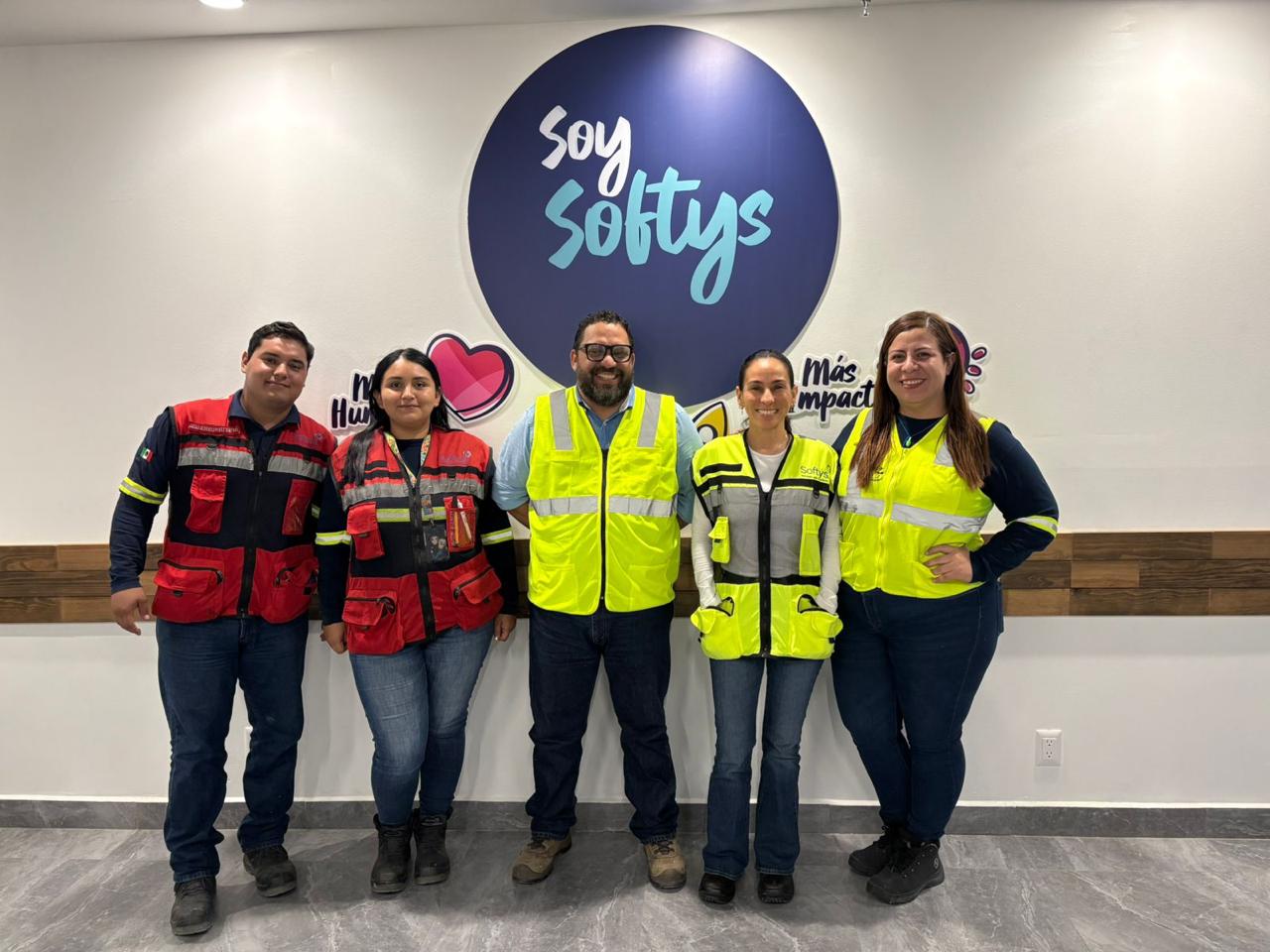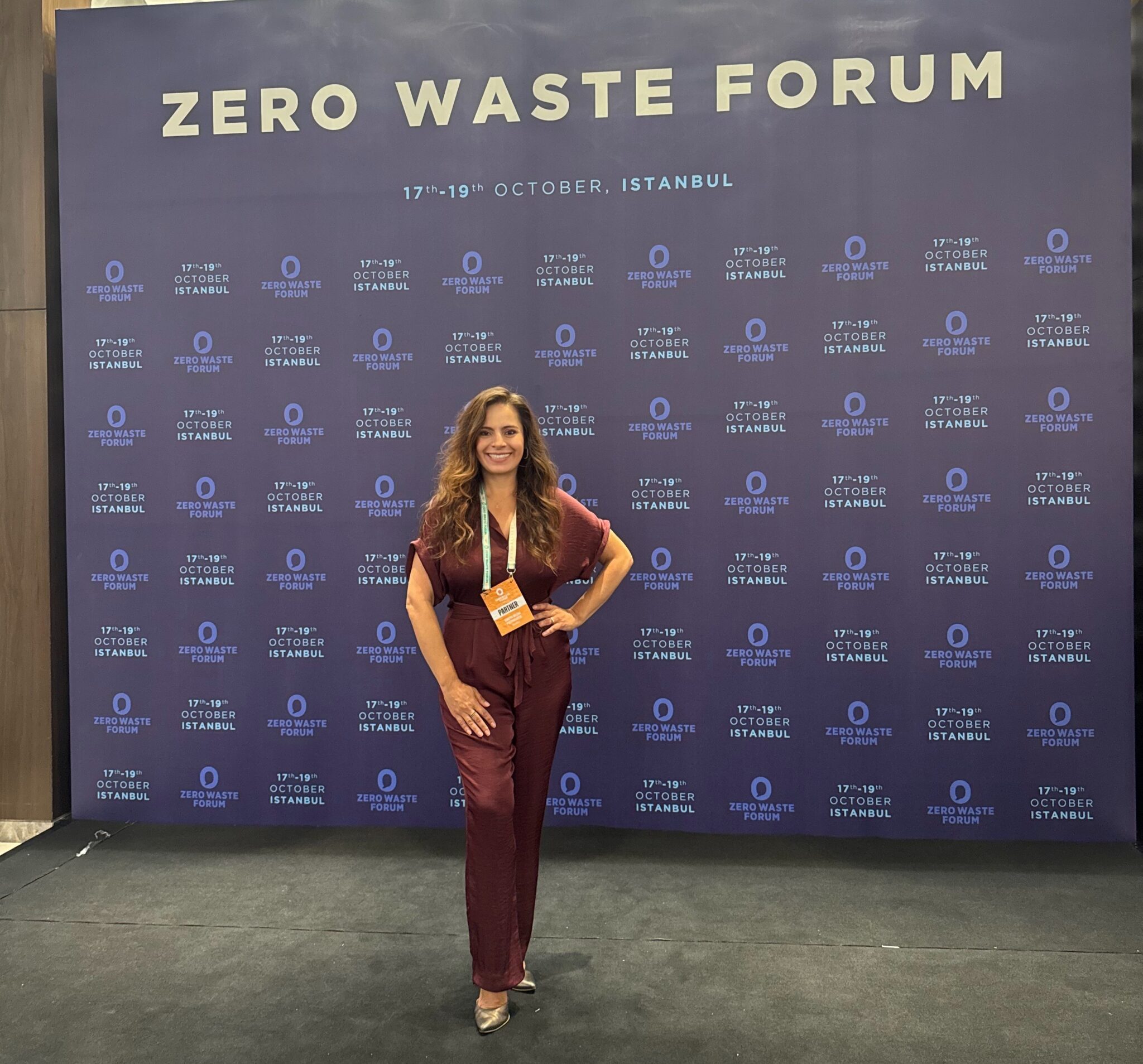Helados Colombina and its path to Zero Waste Gold certification
Sustainability is no longer a trend but a key competitiveness strategy. In line with this vision, Colombina S.A.one of the most recognized national and international food companies, has managed to consolidate a responsible production model in each of its plants, highlighting the case of its ice cream factories located in Bogotá and Itagüí in Colombia, through the implementation of the Zero Waste Management System (SGZW).
These plants have been certified in the Gold category under version 5 of the Zero Waste Management System (SGZW).granted by ICONTEC and Global Zero Wasteachieving an outstanding rating of 97/100 points in its specialized evaluation.
A benchmark in production and sustainability
Today Colombina is one of the top 10 most sustainable food companies in the world, according to S&P Global and this is thanks to the fact that, for more than 15 years, it has had a robust sustainability strategy framed in 6 management pillars. The Ecological Balance is one of them, which includes relevant issues such as energy efficiency, water saving, carbon footprint and waste management; this is why the Zero Waste certification represents an important milestone for the Company and reflects the commitment that the organization has as an organization with the care of the planet.
Structural strategies for a Zero Waste plant
The certification obtained is the result of a rigorous process of planning, execution and continuous improvement. Among the most relevant aspects, the following stand out:
- Integration of the SGZW with the corporate sustainability master plan, aligned with the Sustainable Development Goals (SDGs) and Key Performance Indicators (KPIs).
- The development and updating of strategic tools such as the Environmental SWOT Matrix, stakeholder analysis and the identification of risks and opportunities specific to solid waste management.
- The incorporation of eco-design strategies in packaging, in collaboration with universities and research centers, prioritizing reduction, reuse and recycling (3R) and progressively expanding towards 9R strategies.
- The implementation of circular practices in the endowments, applying design, remanufacturing and recycling, within the framework of the projects implemented by the German Development Cooperation (GIZ). the reuse of baskets, reverse logistics, composting and waste recovery mechanisms.
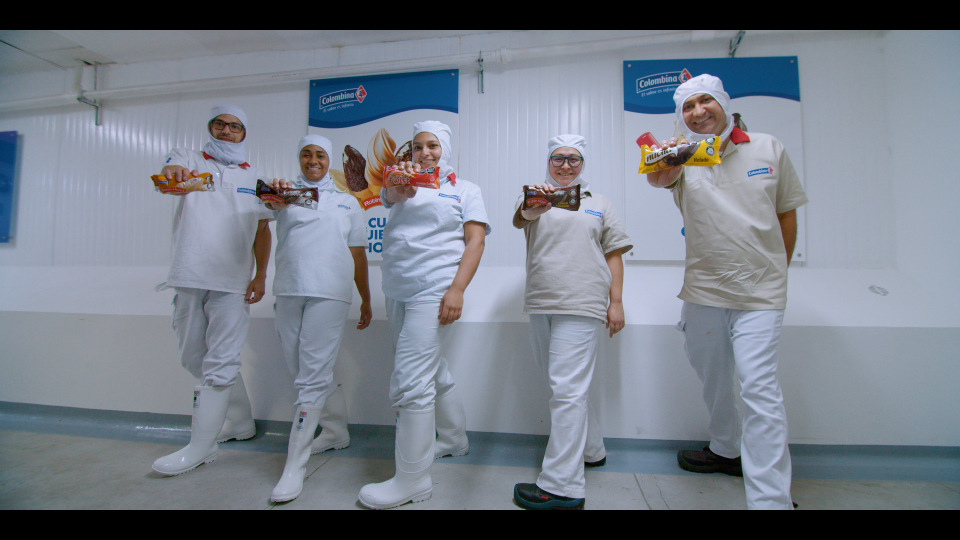
Governance and knowledge management
The Company has a Sustainability Committee led by its president, who has demonstrated an active commitment to the Zero Waste model, and there is also a management committee within the plants that permanently monitors the system and other activities such as:
- Periodic evaluations of environmental indicators.
- Inclusion of Zero Waste criteria in personnel training, through inductions, re-inductions, specific training and use of the Corporate University platform.
- Strengthening the organizational culture through internal communication strategies, thematic fairs, digital campaigns and constant awareness-raising.
According to internal surveys, plant employees know and understand the general guidelines of the SGZW, which has favored an adequate implementation in the field, especially in the source separation and traceability processes.
Efficiency and continuous improvement indicators
Among the main quantitative achievements, the following stand out:
- In 2024, we closed with an actual recycling indicator of 96.25% and an overall recycling indicator of 97.08%, reflecting consolidated management.
- Measurement and traceability of waste with calibrated tools, including common, hazardous and usable waste.
In addition, the documented information system has been key to guarantee traceability and process control, supported by management matrices, contingency plans, indicator sheets and digital libraries.
Reflections that inspire the future
The case of the Colombina ice cream plants demonstrates how a comprehensive approach to sustainability, articulated with environmental management systems and circular economy strategies, can translate into measurable results, institutional recognition and value generation for the entire organization.
At Global Zero Waste, we recognize this advance as a milestone in the transformation of the food sector in Colombia and we reaffirm our commitment to accompany companies that are committed to responsible, innovative and regenerative production models.

